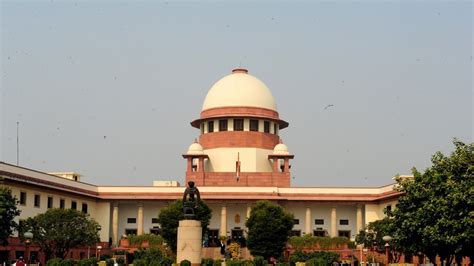
The Supreme Court in the case Kalicharan vs State of Uttar Pradesh observed while questioning an accused under Section 313 Code of Criminal Procedure, he must explain the circumstances which are appearing in the evidence against him.
The bench comprising of Justice Sanjay Kishan Kaul and Justice Abhay S. Oka observed and has stated that if the accused is not explained the important circumstances appearing against him in the evidence on which his conviction being sought to be based, thus, the accused will not be in a position for explaining the said circumstances which are brought on record against him as he will not be able to properly defend himself.
However, the court observed in an appeal filed by murder accused, wherein the accused contended that there being an omission to frame a proper charge in accordance with Section 213 of CrPC, and there being a failure of the Trial Judge to put material circumstances brought on record in the prosecution evidence to the accused in their statements under Section 313 of Criminal Procedure Code.
It has been noted by the bench that in this case the evidence is being that the murder of the deceased is committed by the accused by using sharp weapons in their hand, but no charges are framed against them alleging that they murdered him. The court stated that it was necessary to frame a charge in terms of Section 213 by stating the manner of committing the offence of murder by accused.
Adding to it, the bench stated that when the court of appeal is being called upon for deciding whether any failure of justice has been occasioned due to omission to frame a charge or error in the charge, the court is duly being bound to examine the entire record of the trial including all exhibited documents, the statements and the depositions of the accused recorded under Section 313 of the CrPC.
It has been stated by the bench that questioning an accused under Section 313 CrPC is not an empty formality. Therefore, the requirement of Section 313 CrPC is that the accused must be explained the circumstances appearing in the evidence against him so that accused can offer an explanation. After an accused is being questioned under Section 313 CrPC, he is being entitled for taking up the call on the question for examining defence witnesses and leading other evidence. If the important circumstances are not being explained to the accused appearing against him in the evidence on which his conviction is sought to be based, the accused will not be in a position to explain the said circumstances which are brought on record against him.
The court observed and has stated that by reason of omission to frame a proper charge in terms of Section 213 of Code of Criminal Procedure, and by reason of not putting important circumstances appearing in the evidence in the statement under Section 313 caused serious prejudice to the accused. Accordingly, the court allowed the appeal and has acquitted the accused.